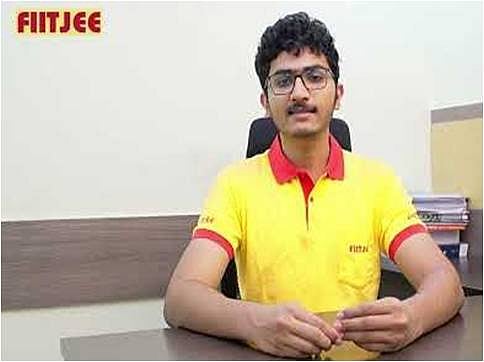Outlook Lens
The BJP manifesto drops key promises of Permanent Political Solution to Gorkha aspirations and ST status to 11 hill tribes. So does this reflect confidence?
Advertisement
Latest
Advertisement
The raids targeted hideouts associated with the suspects who had attacked the Enforcement Directorate team on January 5.
Advertisement
BJP MP Tejasvi Surya was in the fray in the second phase of the Lok Sabha polls held today. In the Bengaluru South seat, Surya was fielded against former Jayanagar MLA and Congress leader Sowmya Reddy. According to EC, a case has been filed against Surya for posting a video on X (formerly Twitter) and soliciting votes on the grounds of religion.
Advertisement
Kenya Airways, known as KQ, said on Friday the staffers were arrested in its airport office in the capital, Kinshasa, over missing documentation for cargo that the airline had not accepted.
Magazine
Magazine Home
-
Outlook reporters undertake this solemn guarantee towards readers and viewers that their report is genuine, it is unbiased, it is factual, it is objective, it is balanced, and above all, that it is true.
-
Tamil Nadu, a bastion of Dravidian political ideology, has always been a difficult terrain for the Bharatiya Janata Party (BJP)
-
Will the BJP’s desperate efforts to splinter the people along caste, religious, regional and linguistic fault lines bear fruit in Tamil Nadu’s western districts?
-
The Bahujan Samaj Party remains an enigma, but it has come up with a very smart game plan for the Lok Sabha elections
-
Can the 2024 Lok Sabha elections reverse the symbolic invisibilisation of Muslims from UP’s socio-political arena?
-
Nagina Lok Sabha constituency in Bijnor district has emerged as a key battleground for the future of Dalit politics in Uttar Pradesh
-
Arun Govil, who played Lord Ram in the popular television series, Ramayan, flips the conventions of devotion on the campaign trail
-
Politicians visiting Madhya Pradesh are making big promises to the people, but for the Adivasis, it’s still about Jal, Jungle, Jameen
-
In the calm foothills of the Eastern Himalayas, there is a storm brewing between the BJP and the TMC. The voters are divided
-
The BJP hopes to sweep Assam in the Lok Sabha polls riding on PM Modi and CM Himanta Biswa Sarma’s development and Hindutva agenda. The Opposition has constituency-specific strategies
-
Are Kashmiris set to heed politicians' call to come out and vote in large numbers?
-
While the Congress is deeply rooted in the city’s psyche, the BJP is eyeing 3.5 lakh Muslim voters
-
Udupi, Dakshina Kannada and Uttara Kannada—districts in coastal Karnataka, which witnessed increased instances of polarisation in the last few years—have been the BJP’s stronghold
-
Whether the Congress’ Rahul Gandhi or CPI’s Annie Raja wins, Wayanad has widened the chasm in the INDIA bloc
-
The resurgence of swords reinforces Hindutva’s fondness for Rajput rulers and Kshatriya pride and identity
-
The evolution from devotional egalitarianism to social justice
-
Ayodhya, a city of stark contrasts, where the echoes of devotion mingle with the modern chaos of daily life
Previous Issue
Advertisement
The palpable discontent against the BJP-Shiv Sena-NCP Mahayuti alliance over the failure to resolve the farm crisis and find a solution to the Maratha reservation issue is visible in other prominent seats in Vidarbha, Marathwada and western Maharashtra.
Will WhatsApp Shut Down In India? Know All About The Platform's Plea In Delhi HC
KKR Vs PBKS: Led by a magnificent hundred from Jonny Bairstow, Punjab Kings have recorded highest successful chase in T20 cricket
Jack Black is back as Po. After a wait of eight years, the fourth movie in the 'Kung Fu Panda' franchise released in March and is available to stream on OTT. Is the movie worth watching? Or can you skip it? Read on to find out.
Orpheus Pledger has been detained by the police after a three-day manhunt. The actor has been in the news for allegedly assaulting a woman.
Laurence Fox has been asked to pay £180,000 in damages to Simon Blake and Crystal. This comes after he called them 'pedophiles' on X.
Actor Gurucharan Singh has gone missing. The actor was last seen at the Delhi airport. His father has filed a complaint.
popular
Advertisement
Whether admiring nature's beauty or delving into Singapore's rich history and culture, elderly travellers will indeed find something to delight and inspire them during their visit to Singapore
Foodie Alert: 5 Best Places In New York City For Pizzas








































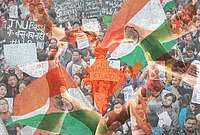
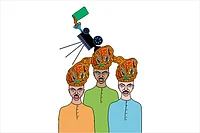
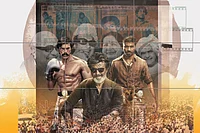

















































































































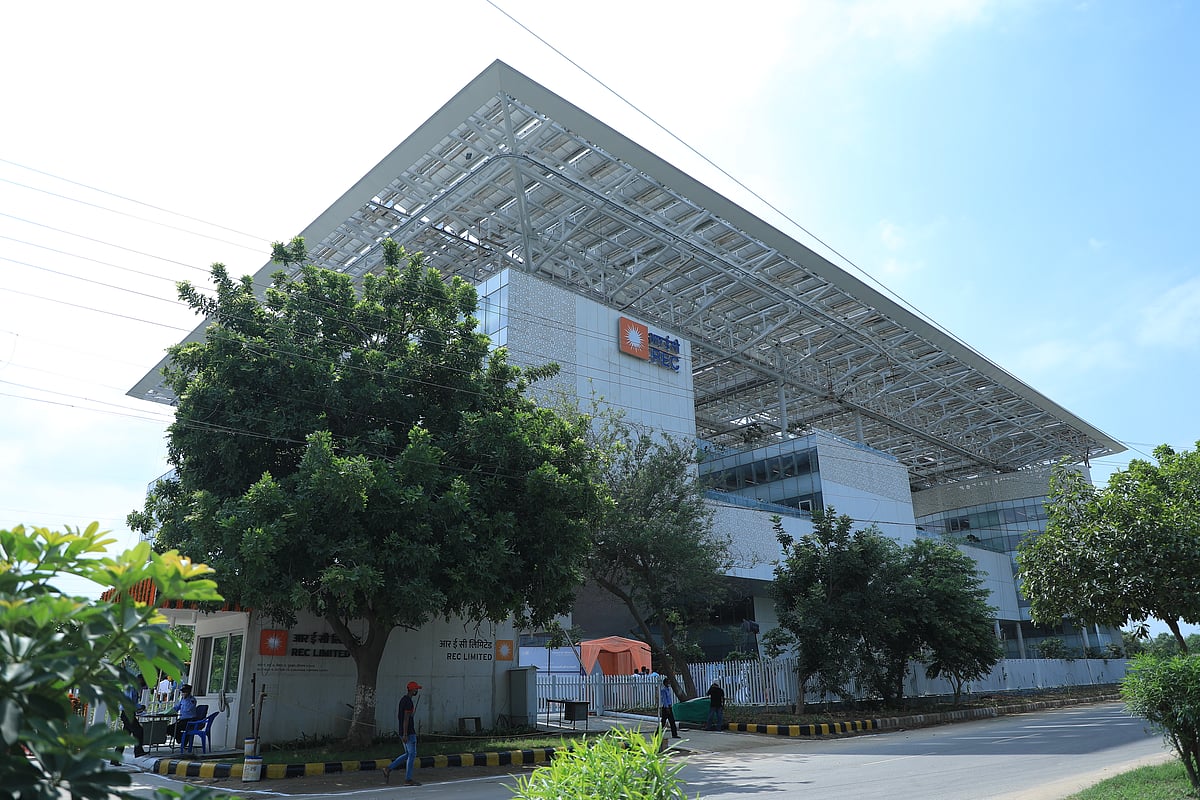


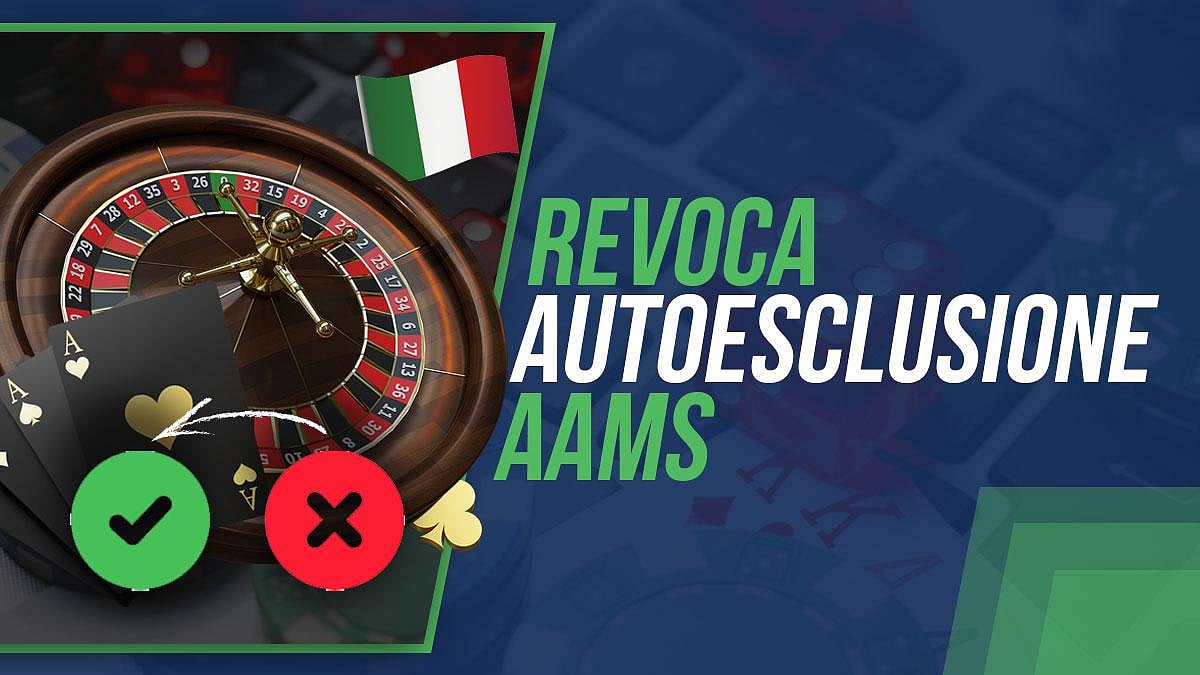







![라이트닝 바카라 사이트 [ TOP 3 ]](https://media.assettype.com/outlookindia/2024-04/4beed037-a2b6-4824-b41b-ece0c6f8edaf/image1.png)



